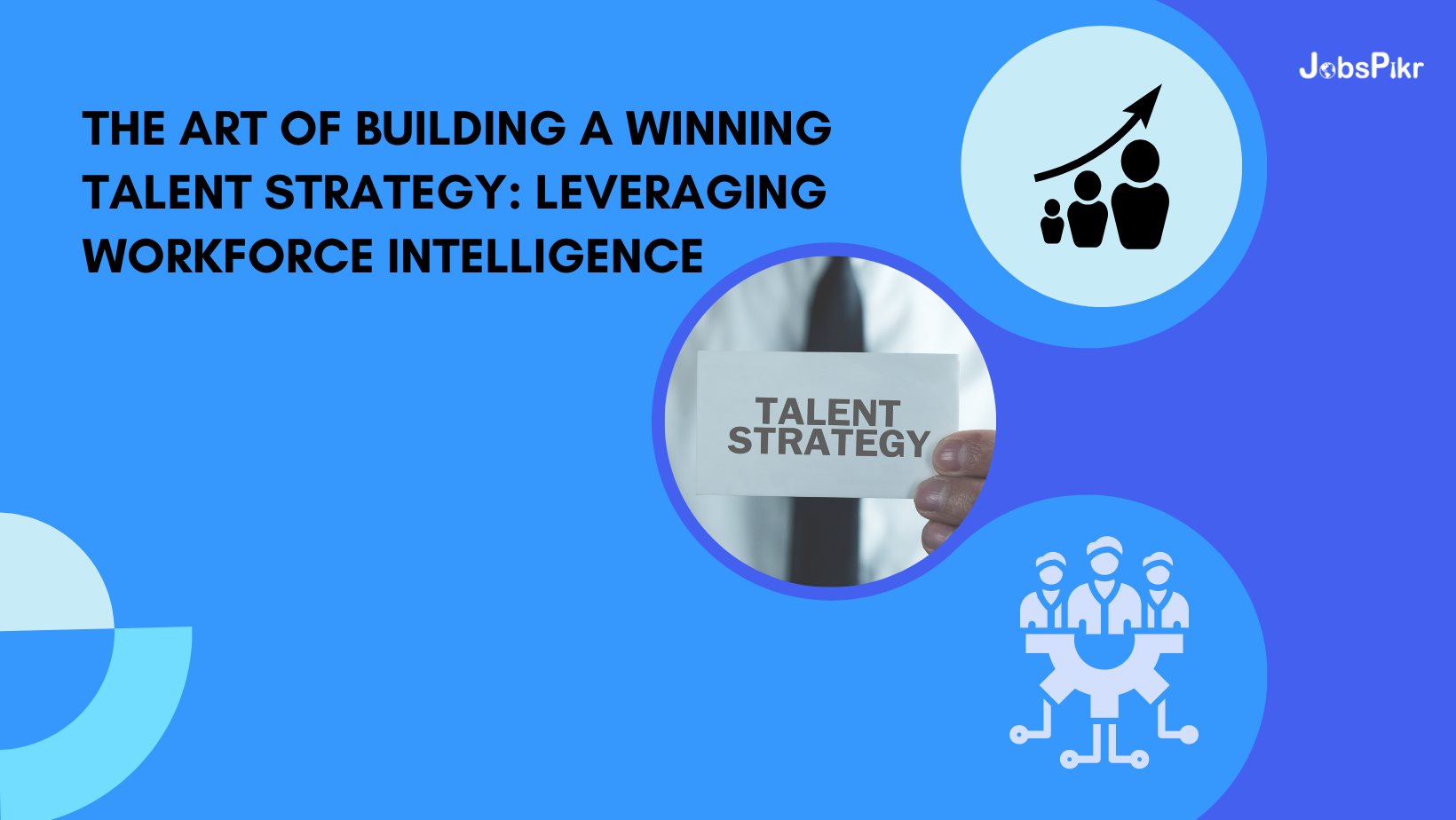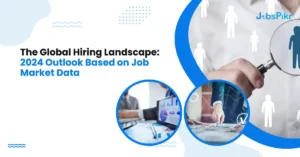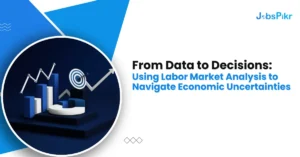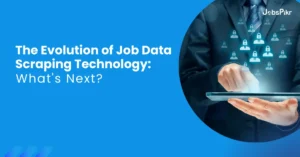Introduction
Statistically speaking, as of 2022, nearly 78% of organizations experienced a halt in talent hiring. Now more than ever, businesses are in need of evolving their talent strategy; however, building this strategy is easier said than done. To curate a well-planned and efficient strategy, you require a deep understanding of your company’s working and requirements. This is where workforce intelligence swoops in to help you create a well-crafted and winning talent strategy. But before diving into the details, let’s start with the basics.
What is a Talent Strategy?
This broad term is used to identify the way you hire, retain, onboard and engage new talent as part of your workforce. Having a good talent strategy in the works means getting the right talent at the right time so your organization functions smoothly. To stay relevant in today’s rapidly pacing and evolving world, businesses need to adapt to different approaches. The development opportunities that align with employees’ interests and professional ambitions are essential to retaining and engaging the talent your organization needs.
What is Workforce Intelligence?
Workforce intelligence is the process of using artificial intelligence to analyze and interpret data of an enterprise and gain insight to deliver strategic workforce planning. In other words, it is a set of practices designed to provide a comprehensive picture of the workforce, projects in the pipeline, and the future growth of an organization. A workforce intelligence system provides actionable insights into workforce needs and demands by providing insight into the current workforce and what is to come in the near future.
With the implementation of workforce intelligence, you can build an effective talent strategy that will surely benefit you in the long run.
Workforce Intelligence: What is its Importance?
With the rapid increase in technological advancement, evolving consumer expectations, and a dire need for innovation, workforce intelligence can do wonders for your organization. Moreover, many employers are starting to realize the significance of hiring based on skills. With workforce intelligence, you can get a detailed idea about the skills and expertise of the individual and hire based on them.
Through the combination of a talent marketplace and a skill-building platform, employees can access career-, skill-, and capacity-building opportunities that align with their career goals, and leaders gain ongoing insight into their workforce’s capabilities. Following are a few important aspects associated with workforce intelligence:
- By utilizing workforce intelligence, organizations are able to identify the best sources of talent and improve their recruitment processes, reducing the time it takes to hire and better retain top talent.
- Organizations can become more employee-centric by understanding the needs and preferences of their employees. This will lead to increased job satisfaction and retention.
- Employers can increase productivity by identifying inefficiencies in their operations and making changes to improve them.
- Organizations can retain high-potential employees by training and developing them according to the skills and capabilities of their workforce.
The importance of workforce intelligence lies in its ability to help organizations make better decisions about their employees.
Creating a Successful Talent Strategy with Workforce Intelligence
Workforce intelligence can be an exquisite method of building a successful talent strategy. Let’s take a look at the steps using which you can curate an effective talent strategy using workforce intelligence.
- Defining Goals: Understanding the goals and requirements of your company is crucial before deciding to hire. With the workforce intelligence platform, you will be able to hire the right skill after defining the goals and objectives and curating a plan, implementing retention strategies to address turnover, or adjusting recruitment strategies to attract more diverse candidates.
- Analyzing Data: With the implementation of workforce intelligence, you can gather and analyze data organization’s workforce, including demographics, skills, performance, and behavior. Furthermore, with this data, you can easily identify your company’s requirements and help you identify trends and patterns that can inform your talent strategy.
- Identifying Opportunities: After careful evaluation and analysis of data, you can easily identify opportunities. You can identify areas where your organization can improve its talent strategy. For example, you may find that your organization has a skills gap in a particular area or that certain departments have higher turnover rates than others.
- Tracking and monitoring the progress: With the incorporation of workforce intelligence, you can regularly monitor and keep track of the talent strategy. You can track key metrics and measure the impact of your talent strategy over time.
- Eliminating time constraints: In a world where talent initiatives are traditionally cumbersome and slow-moving, AI-powered platforms provide speed and scale to a process that was previously slow-moving. Investing in talent strategies takes time and care, and reengineering talent strategies requires as much attention as reengineering financial strategies.
- Catering to the company’s needs and not the industry norms: While hiring or curating your talent strategy, what is necessary to keep in mind is to cater to your company’s needs and not to the industry norms. To find an appropriate combination, one must understand today’s realities rather than relying on the latest HR buzzwords or trends.
Leveraging workforce intelligence will not only help companies to have a more modern approach to hiring but will also enable them to prioritize skills over degrees. This will help them in hiring the right talent for their organization at the right time and gain a competitive advantage.
Conclusion
In conclusion, building a winning talent strategy by leveraging workforce intelligence is a smart decision. In this dynamic market, businesses need to up their game and stay in alignment with the changes. By opting for a more skill-based approach and embracing the changing consumer demands, you can easily set your organization on the path to success. Furthermore, if you wish to learn more about how you can implement workforce intelligence as part of your talent strategy or how workforce intelligence can gain insights to help you create more efficient talent management decisions, head over to the JobsPikr website.




